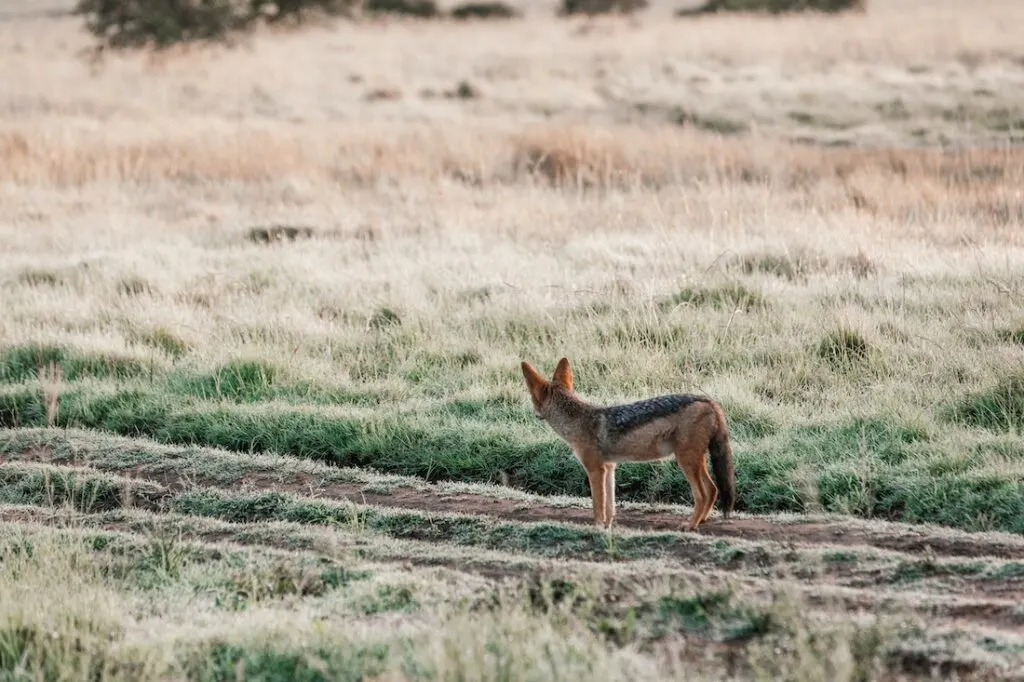This post may contain affiliate links. I only recommend products I use and love. Read the full disclosure here
Last Updated on September 11, 2023 by Alaina
While most animals are generally harmless, there are some instances where they may behave unpredictably and harm humans. If you ever find yourself in such a situation, especially if an animal hinders your kid’s safety, and you don’t know what to do if an animal harms you, you have come to the right place.

Whether you have been attacked by an animal in the wild or a dog in the park, you have the right to a claim for any harm you’ve suffered. And while it’s natural to empathize with the owner, as it may not always be their fault, you shouldn’t have to bear the financial burden of recovering from injuries sustained in an accident that wasn’t your fault.
Today we are sharing the actions you should take if an animal harms you.
Attaining Legal Assistance
After experiencing harm from an animal, it’s essential that you seek legal assistance if the animal has an owner.
A Personal Injury Lawyer is your best choice as they have the required experience to help you attain the best possible outcome for your claim. While a general attorney will know what to do if an animal harms you, personal injury lawyers excel at getting people help when they are in an accident that wasn’t their fault.
With the right lawyer behind you, you will stand your ground, understand your rights, and pursue the best outcome.
4 Steps to Take After Being Harmed by An Animal
1. Get Medical Attention
The very first thing you should do is check your injuries and seek medical attention – even if you know the animal does not have rabies. Animal bites and scratches can cause serious injury, infection, scarring, or even death if the animal is diseased.
Even if the injury is minor, you should still seek medical assistance so that your health can be assessed and you can obtain treatment if you require it. Your health and well-being are paramount.
2. Document the Scene and any Injuries
Documenting what happened will also be helpful if you decide to seek compensation. Take pictures of the scene and any injuries. If possible, get photos before the wound is stitched or dressed. Having photographs will help strengthen your case.
Furthermore, if you witness cruelty to the animal after they’ve hurt you, be sure to document it and report it as this is illegal.
3. Take the Owner’s Details
If the animal has an owner and is not a wild animal, make sure you gather the owner’s information including name and phone number. This information will be needed when making a claim and informing your health insurance provider.
Although you can make a claim without the personal details of the owner, having this information on hand will make things easier.
4. Recommend Help for the Animal’s Owner
To prevent the animal from doing this to others, and to ensure its own well-being, it is recommended to suggest that the owner seek assistance for their animal politely.
If you do this politely, you will not cause or increase any tension and it also shows that you are caring for the animal. Remaining calm and not bitter or angry will also help the situation and prevent unnecessary stress.
5. File a Report
Filing a report is another part of knowing what to do if an animal harms you. Regardless of if you’re harmed by a stray or wild animal, you will need to file a report. Doing so allows the authorities to track animals with a history of aggression which can help prevent similar attacks in the future.
Plus, filing a report can also help you if you decide to seek compensation for medical bills.
Final Thoughts on What to Do if An Animal Harms You
When confronted with the unexpected and distressing situation of being harmed by an animal, it’s essential to know your rights and take the necessary steps to protect your well-being. Prioritizing your health, documenting the incident, gathering essential information, and seeking legal help is all part of knowing what to do if an animal harms you.
By addressing the issue calmly and empathetically, not only can you safeguard yourself, but you also contribute to the safety and well-being of others and the animals involved. Remember, you also have the right to seek justice and compensation for your injuries and medical bills.
